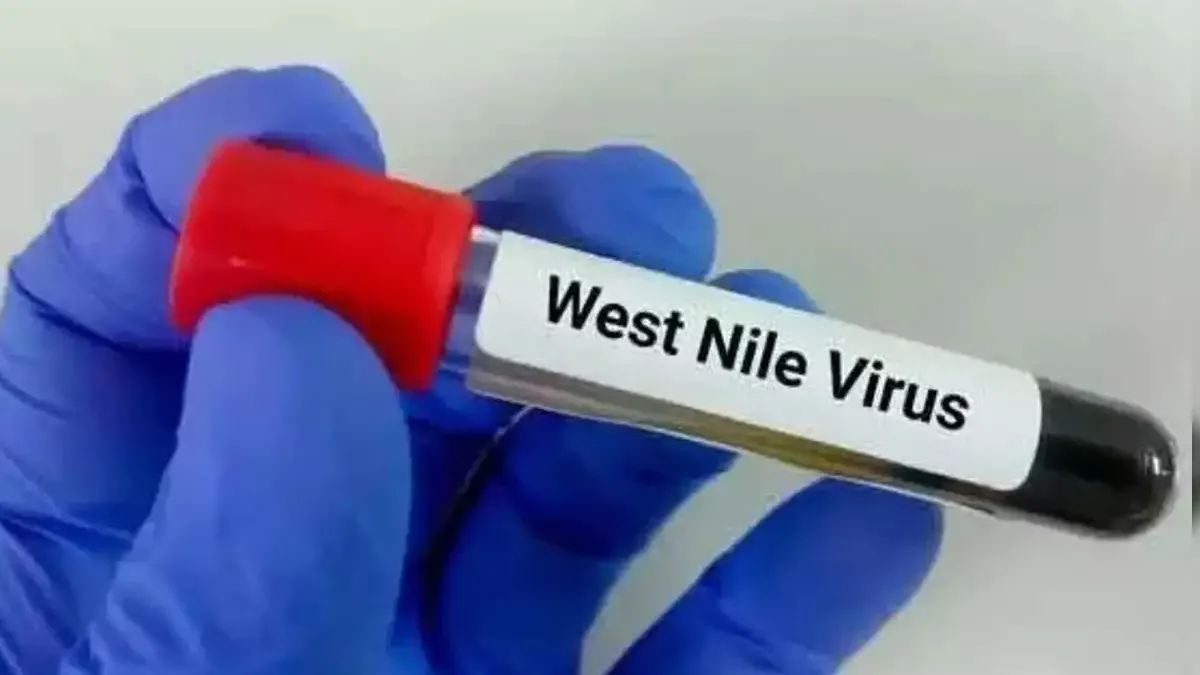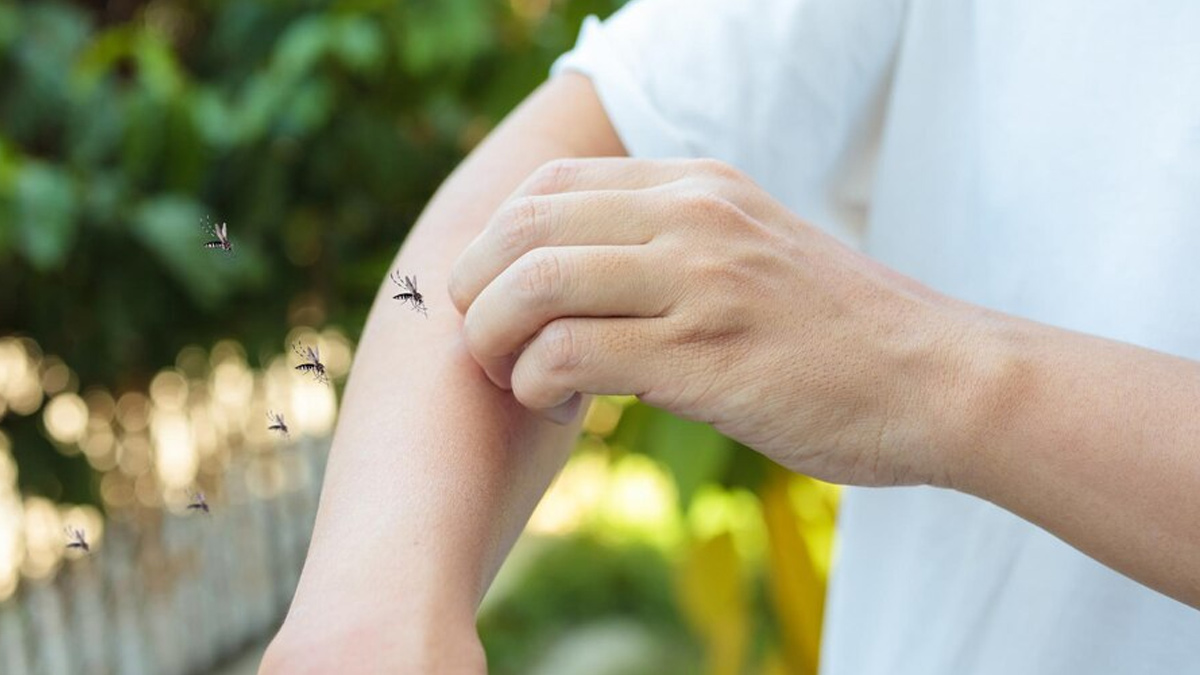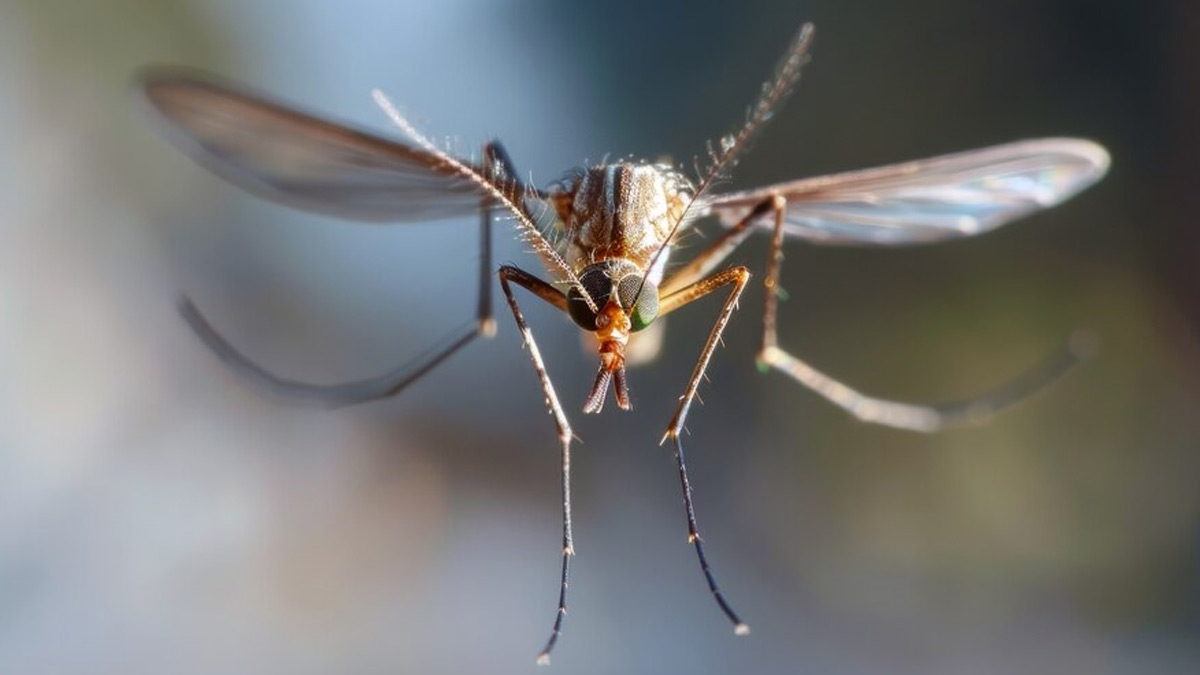
In a disturbing reminder of how quickly viral epidemics come back into the picture, the West Nile Virus (WNV) has recently reappeared as a public health issue in Europe. With confirmed infections in at least five nations and an increasing number of fatalities, European health authorities are presently placed on high alert as they struggle to stem the spread of this mosquito-borne disease.
Table of Content:-
For the unversed, West Nile Virus, typically transmitted to humans by a bite from infected Culex mosquitoes, to date has been identified in Italy, Greece, Romania, Bulgaria, and France. Italy's Latina province is the hardest hit of all, with 43 of the nation's cases occurring there. Italy has so far had 57 infections for the past week alone of July, and a minimum of 10 deaths have been confirmed.
The latest victim was an aged female from the Lazio region of Italy, the fourth such WNV-related death in the region. Sadly, after being rushed from San Paolo Hospital in Velletri to Rome, it was too late and she died from the virus before any treatment could be given.
How the Virus Spreads
West Nile Virus is mostly spread to people via mosquito bites, those of the Culex type. The mosquitoes are infected after feeding on birds carrying the virus. They remain carriers and can spread the virus to animals and humans.
Also Read: How to Spot Collagen Deficiency Before It Affects Your Skin and Joint?

Unlike most viral diseases, WNV isn't transmitted from person to person. That means vector control, controlling mosquitoes and preventing bites, is essential in restraining its spread.
In an exclusive interaction with the editorial team of Onlymyhealth, Dr Bhumesh Tyagi, Consultant, General Medicine and Physician, Shardacare, Health City, Noida, explained that one of the most difficult things about WNV is its invisibility. “As many as 80% of infected people never develop symptoms. Symptoms, which may occur in the other 20%, can be fever, headache, fatigue, body aches, skin rashes, and swollen lymph nodes. These tend to resemble mild flu, making early diagnosis complicated,” he added.
Yet, in critical situations, particularly in vulnerable populations, the virus is able to have disastrous neurological consequences. Complications can include encephalitis (inflammation of the brain), meningitis (inflammation of the membranes covering the brain and spinal cord), or acute flaccid paralysis, which can lead to lifelong disability or even death.
Experts report that the virus's death rate in severe cases is up to 20%, compared to 14% in 2024. Significantly, all recent fatalities in Europe have occurred in people over 50 years old, a group far more vulnerable because their immunity has been compromised or they have underlying conditions.
Treatment of West Nile Virus
“Currently, no vaccine or antiviral medication is available for West Nile Virus. Treatment is aimed at relieving symptoms and avoiding complications, usually by hospitalisation in extreme conditions. Older adults, transplant recipients, people with chronic conditions, and those with weakened immune systems are at greatest risk,” Dr Tyagi elucidated.

Therefore, Dr Tyagi warned against panic but stress vigilance, prevention, and early treatment. Here are a few ways you can do that:
- Protect Yourself: Easy Steps to Lower Your Risk
- Prevent Mosquito Bites: Use insect repellent and protective clothing, particularly around dawn and dusk when mosquitoes are most prevalent.
- Eliminate Standing Water: Drain flower pot water, birdbaths, and gutters.
- Stay Informed: Pay attention to information from local health organizations, particularly when traveling to endemic areas.
- Seek Medical Attention: If you have high fever, severe headache, or confusion, especially if you've recently traveled through an outbreak zone, see a doctor right away.
Bottomline
Although West Nile Virus is not new, the recent resurgence in Europe is a timely reminder of the sudden nature of infectious diseases. Without a specific cure to rely on, prevention is our best protection. For now, awareness and prudence, rather than alarm, are the secrets to staying safe.
Also watch this video
How we keep this article up to date:
We work with experts and keep a close eye on the latest in health and wellness. Whenever there is a new research or helpful information, we update our articles with accurate and useful advice.
Current Version